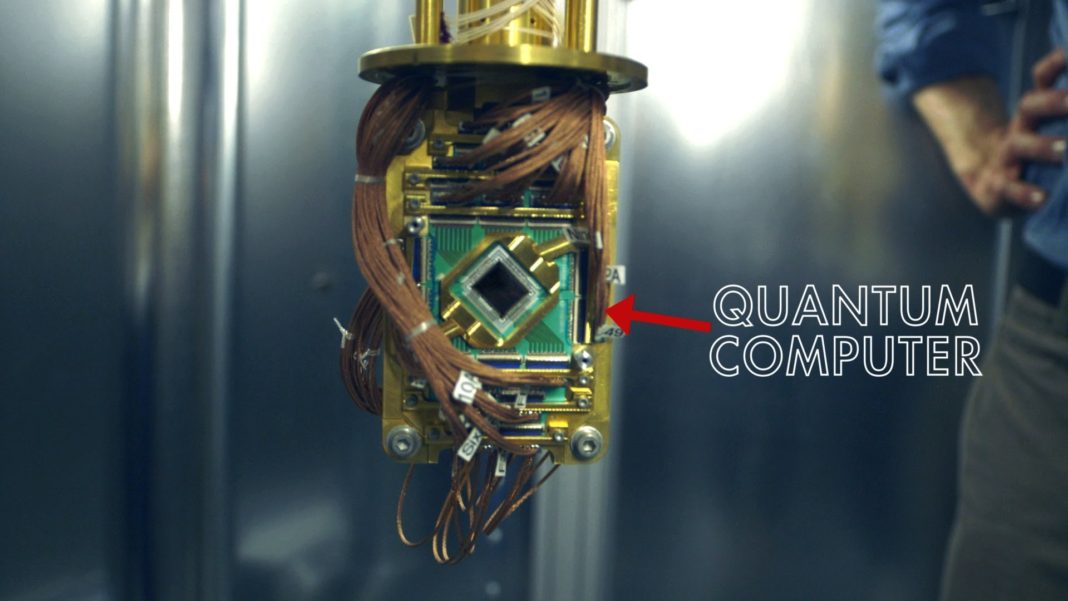Advancements in quantum computing are happening all the time, but due to the complexity of the subject, major breakthroughs are still quite rare. Since 1982, when Richard Feynman first proposed the idea of quantum computing, scientists have been battling it out to try and get to the heart of it. And now, Google have just made the headlines as they have just achieved something that many scientists have been yearning to see for quite some time – simulating the energy surface of a hydrogen atom.
Google and their international team of scientists are celebrating as their achievement in successfully producing the first scalable quantum simulation of a single hydrogen molecule. By using the quantum computer to simulate a hydrogen molecule, scientists are one step closer to simulating entire chemical systems. The collaboration of scientists involved in the project include researchers from Harvard University, Lawrence Berkley National Labs, UC Santa Barbara, Tufts University and the University College London and full details of the study can be found in their open access paper, called, “Scalable Quantum Simulation of Molecular Energies“, and is published in the American Physical Society‘s journal, Physical Review X.
This is the kind of discovery scientists have been waiting a long time for, and they are hopeful this could help to uncover more quantum secrets of the computing world. It also paves the way for further research projects to get started as it demonstrates the potential possibilities of performing complex quantum-mechanical simulations on these quantum machines.
More News To Read
- The U.S. Government Will Invest $4.5 Billion to Build Electric-Car Charging Stations For Anxiety-Free Driving
- Go Green This Summer With These Energy Efficient Upgrades
- Ten jobs that A.I. and chatbots Will Take Over
- Is the Oil Industry About to Collapse Altogether After The Coal Industry?
- Could Robots Replace Medical Workers?











